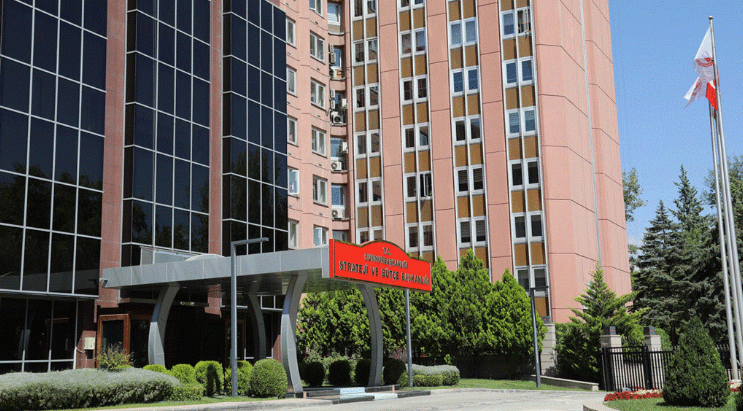
Targets related to the geothermal sector have been included in the Medium Term Program (MTP) of Türkiye as recently announced by President Recep Tayyip Erdogan. The emphasis on geothermal energy and agricultural policies is striking, eliciting positive reactions from the geothermal and related sectors.
The Medium Term Program (MTP) covers the economic targets of Türkiye for the 2024-2026 period. It came into force after being published in the Official Gazette dated September 6, 2023. The document sets targets to increase the agricultural production of Türkiye, which so happens to also have a weatlh of geothermal resources.
As published in Dunya Newspaper, Isinsu Kestelli, President of Izmir Commodity Exchange, said, “In the Medium Term program, turning to alternative energy sources to meet agricultural energy needs, supporting urban agriculture, and preparing the Production-Export-Import Consolidation Program for product-based supply risks are satisfactory developments for the sector.”
“I find it extremely positive that steps are being taken for the re-increasing of the agricultural lands that have suffered serious losses in the last 30-40 years, production planning by determining target sufficiency rates in strategic agricultural products, and increasing the number of geothermal energy-based greenhouse organized agricultural zones.” Kestelli further said.
Geothermal investor associations JED and JESDER also shared their geothermal targets in the Medium Term Program in their LinkedIn posts.
The prominent headlines regarding Geothermal in the Medium Term Program are as follows:
Renewable resources, energy efficiency, electrification, and circular economy policies have become priorities in all areas, especially in the energy, industry, transportation, and agriculture sectors.
By becoming a party to the Paris Agreement, the determination to transition to a low-carbon economy was demonstrated with a 2053 net zero emission target, and the Green Deal Action Plan was prepared within the scope of harmonization efforts with the European Union, which is the main trading partner. During the program period, in line with the 2053 net zero emission target and national development priorities, our country will adopt an approach that supports greenhouse gas emission reduction, increases the capacity to adapt to climate change, prioritizes competitiveness and efficiency, considers a just transition, and develops national incentive mechanisms by making maximum use of global financial resources. The green transformation process will be accelerated.
To ensure the continuity of supply of fresh fruit and vegetable products, investments in the establishment of Greenhouse Organized Agricultural Zones (OTB) in suitable areas where geothermal energy resources are located will be accelerated, and new greenhouse installation and greenhouse renewal investments will be supported.
Drilling activities to search for geothermal resources with high potential will continue and new resources will be brought to the economy.
New Energy Efficiency Strategy Document and II. The National Energy Efficiency Action Plan will be implemented.
Within the scope of the European Green Deal, sectoral road maps will be prepared for companies on issues such as resource, process, and energy efficiency and digitalization, and awareness-raising activities will be carried out.
R&D and innovation activities will be supported for the development of technologies such as energy storage, hydrogen, and carbon capture, use, and storage that support energy transformation, as well as micro-grid management and digitalization.